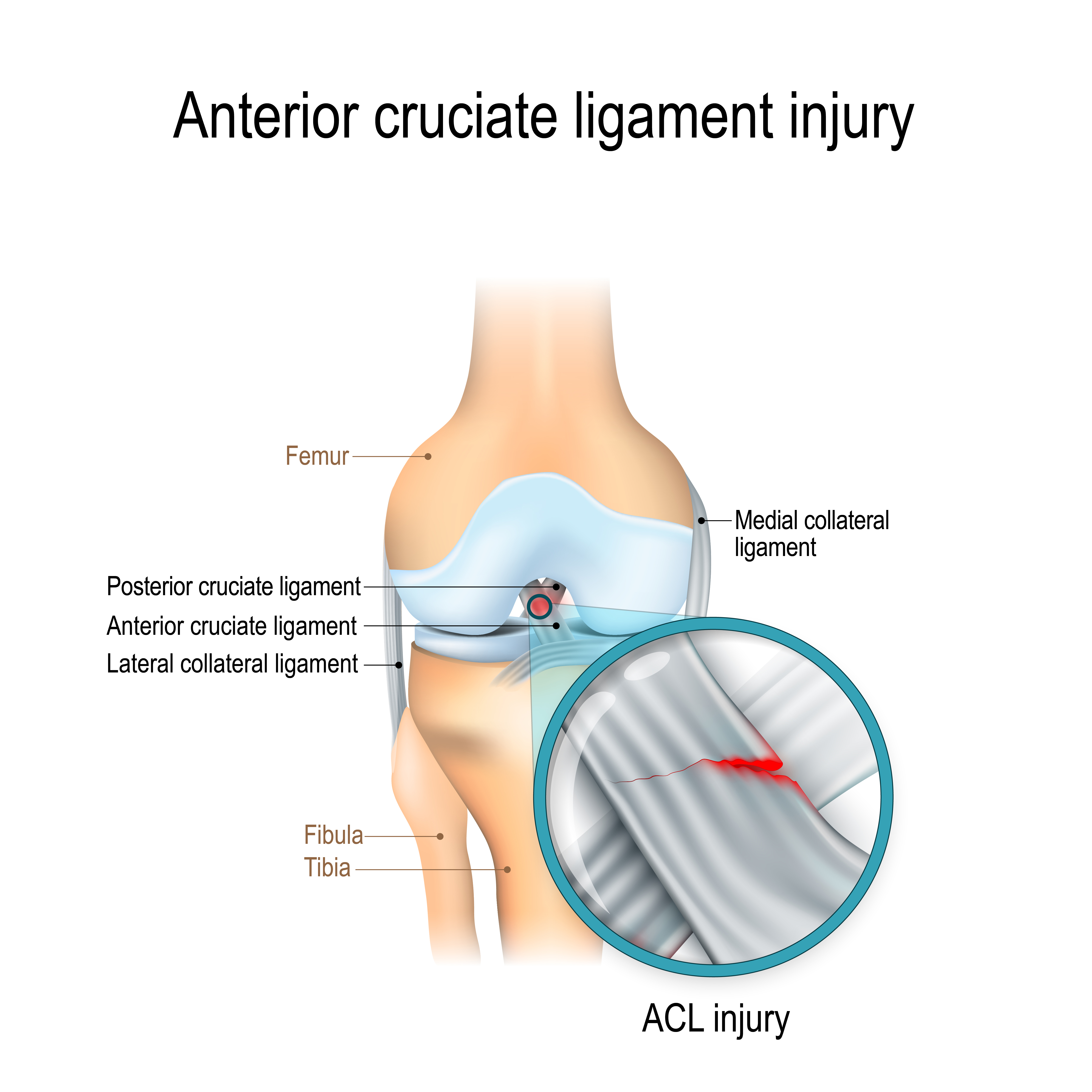Collateral Ligament Surgery: MCL and LCL
About
Surgery for the collateral ligaments of the knee, MCL (medial collateral ligament) and LCL (lateral collateral ligament), is performed to restore knee stability after severe injuries to these ligaments. These injuries often occur during sports activities or accidents.

Candidate
Candidates for MCL and LCL surgery include individuals with severe collateral ligament injuries that do not respond to conservative treatments such as physical therapy and bracing. This includes athletes, active individuals, and those with persistent knee instability symptoms.
Preparation
Detailed examination and diagnostic tests such as MRI Discontinuation of certain medications, such as anti-inflammatory drugs, as advised by the doctor Arranging for help at home during the initial recovery phase
Treatment
The surgery is usually performed arthroscopically or via open method: Arthroscopic Surgery: A minimally invasive technique using a small camera and instruments inserted through small incisions. Open Surgery: A traditional method with a larger incision to provide better access to the damaged ligament. During the surgery, the damaged ligament is reconstructed using a graft (typically a tendon from another part of the body) or secured to the bone using special anchors.
Result
The goal of surgery is to restore knee stability and function, allowing patients to return to daily activities and sports. Most patients experience significant pain reduction and improved knee stability. Recovery includes: Wearing a brace and using crutches during the first few weeks Gradual physical therapy to restore mobility and strength Full recovery can take from 6 months to a year, depending on the extent of the injury and individual progress
Precautions
Strictly follow the instructions of the doctor and physical therapist Avoid heavy physical activities until the knee is fully recovered Regularly monitor knee condition to prevent complications
ZagrebMed patient reviews
F.A.Q.
The surgery typically takes 1 to 2 hours, depending on the complexit
Most patients go home the same day or the next day after surgery.
Most patients can walk without crutches within 4 to 6 weeks.
Yes, physical therapy is crucial for full recovery and restoring knee function.
Full recovery can take from 6 months to a year.
Most patients can return to sports after full recovery, with the doctor’s approval.
Possible risks include infection, bleeding, nerve damage, and thrombosis.
Pain usually decreases within a few weeks, and pain medications can help manage discomfort.
Arthroscopic surgery leaves minimal scars, while open surgery may leave larger scars.
In rare cases, revision surgery may be necessary.

Send an inquiry for the treatment
Start your way towards a successful treatment today. Fill out the form with your data, choose the service you need and we will connect you with the top medical experts in Zagreb.